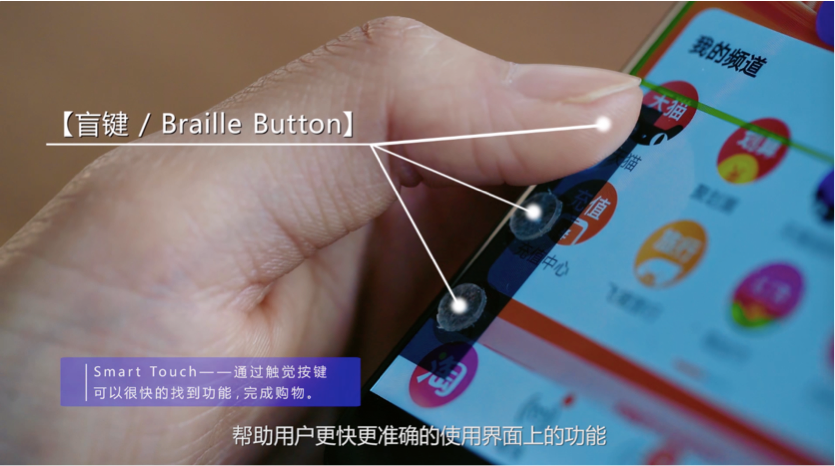
By Rita Liao
Just a few years ago, Li Mengqi could not have imagined shopping on her own. Someone needed to always keep her company to say aloud what was in front of her, who’s been blind since birth.
When smartphones with text-to-speech machines for the visually impaired arrived, she immediately bought an iPhone. “Though it was expensive,” Li, a 23-year-old who grew up in a rural village in eastern China’s Zhejiang province, told me. Cheaper smartphone options in China often don’t have good accessibility features.
Screen readers opened a plethora of new opportunity for those with visual impairments. “I felt liberated, no longer having to rely on others,” said Li, who can now shop online, WeChat her friends, and go out alone by following her iPhone compass.
Reading out everything on the screen is helpful, but it can also be overwhelming. Digital readers don’t decipher human thoughts, so when Li gets on apps with busy interfaces, such as an ecommerce platform, she’s bombarded with descriptions before she gets to the thing she wants.
Over the past two years, Alibaba’s $15 billion R&D initiative Damo Academy has been working to improve smartphone experience for the blind. Its latest answer, a joint effort with China’s prestigious Tsinghua …read more
Source:: TechCrunch Gadgets

 Previous post
Previous post
 Next post
Next post